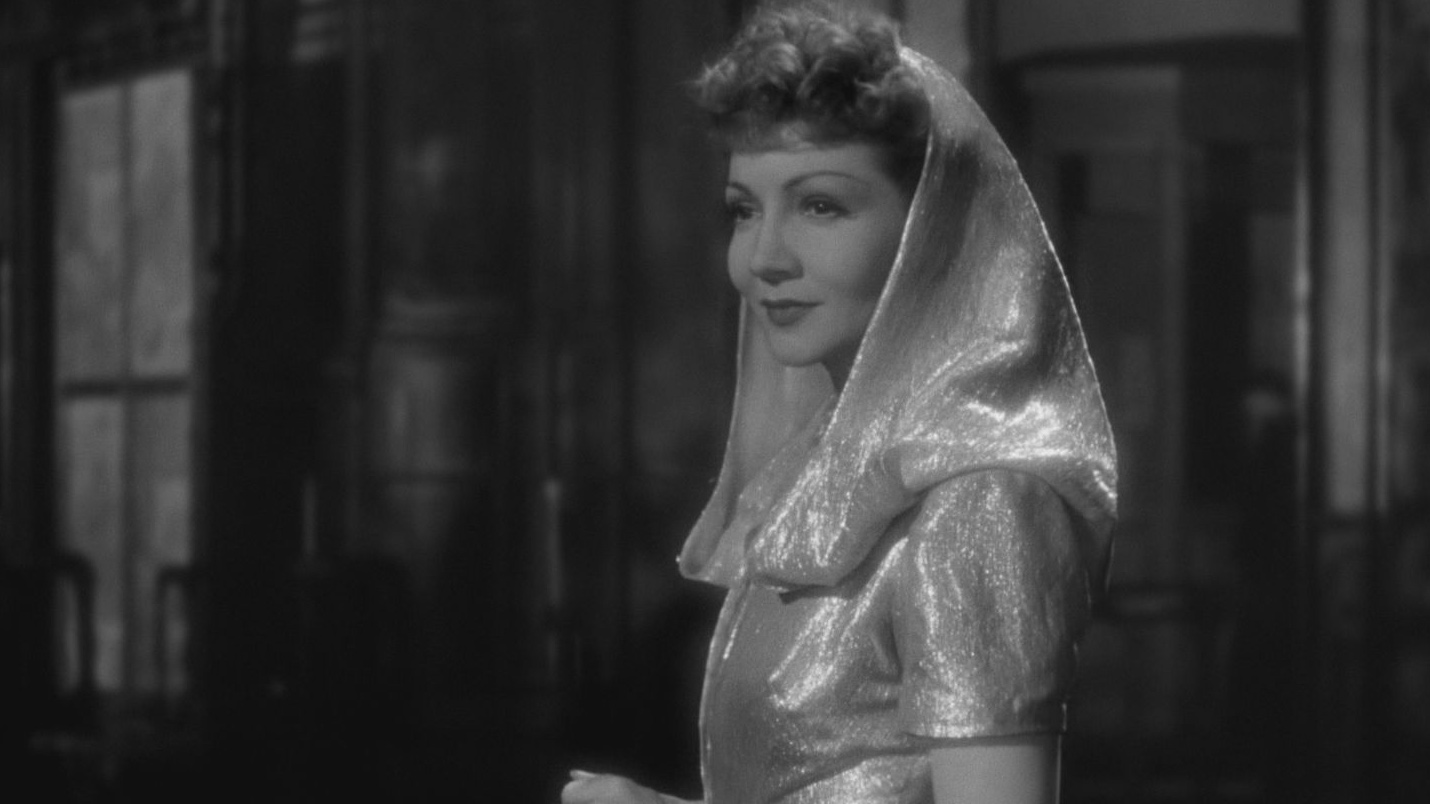
Alison’s House

Playwright Susan Glaspell and poet Emily Dickinson shared a similar fate: their work went unrecognised in their lifetime. Perhaps that’s why Glaspell chose to focus her play on Dickinson.
City Hub asked director Julie Baz why she decided to stage this play by Glaspell.
“We wanted to see what classics by female writers were out there that we could stage,” she said. “They were not easy to find, but going back through the Pulitzer lists we came across Alison’s House by Susan Glaspell. We chose it because of how relevant its themes are today. The questions it raises about legacy and public versus private lives are, in this era of Facebook and Twitter and omnipresent mass media, more pertinent than when the play was written.”
In Glaspell’s play, the title character of Alison has been dead for 18 years, during which time she has become the country’s foremost poet. While alive, she lived in the family home with her parents, then her sister Agatha, until her death.
Alison’s House won the Pulitzer Prize in 1931. It is set on New Year’s Eve in 1899, and examines the question of whether the private life of a public figure belongs to the world.
What was controversial about the awarding of the Pulitzer to this play?
Baz says, “Some critics considered the work to be over-literary and thematically and structurally too conventional. However, from a 21st century viewpoint, those critics overlooked the ideological conflicts of interest that give a play like Alison’s House its resonance and relevance. What the characters in the play seek to protect or expose is not just personal privacy, but rather patriarchal concerns about the family name, social standing and, by implication, the property (including women) to which that social standing is attached.”
The Dickinson family refused to give Glaspell permission to use their name or to quote from Emily’s poetry so Glaspell moved the setting to her home state of Iowa and recast the Dickinson family as the Stanhopes and quoted from Ralph Waldo Emerson, whose work Dickinson loved and whose poem The House inspired the title of Glaspell’s play.
Apr 4-21. Depot Theatre, 142 Addison Rd, Marrickville. $22-$32+b.f. Tickets & Info: www.thedepottheatre.com
By Irina Dunn









